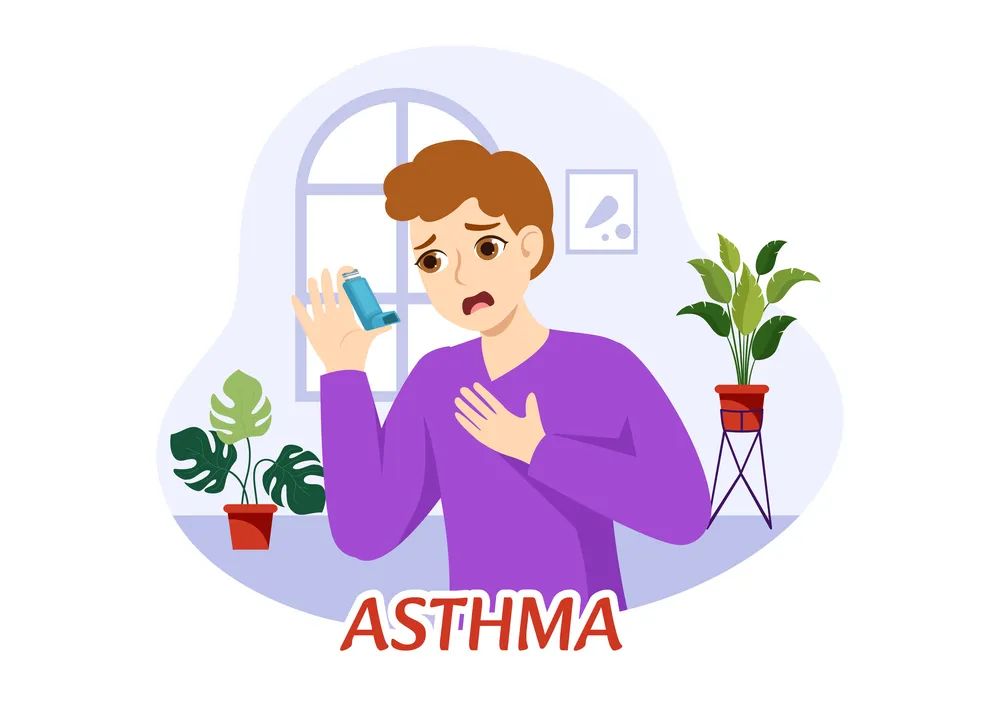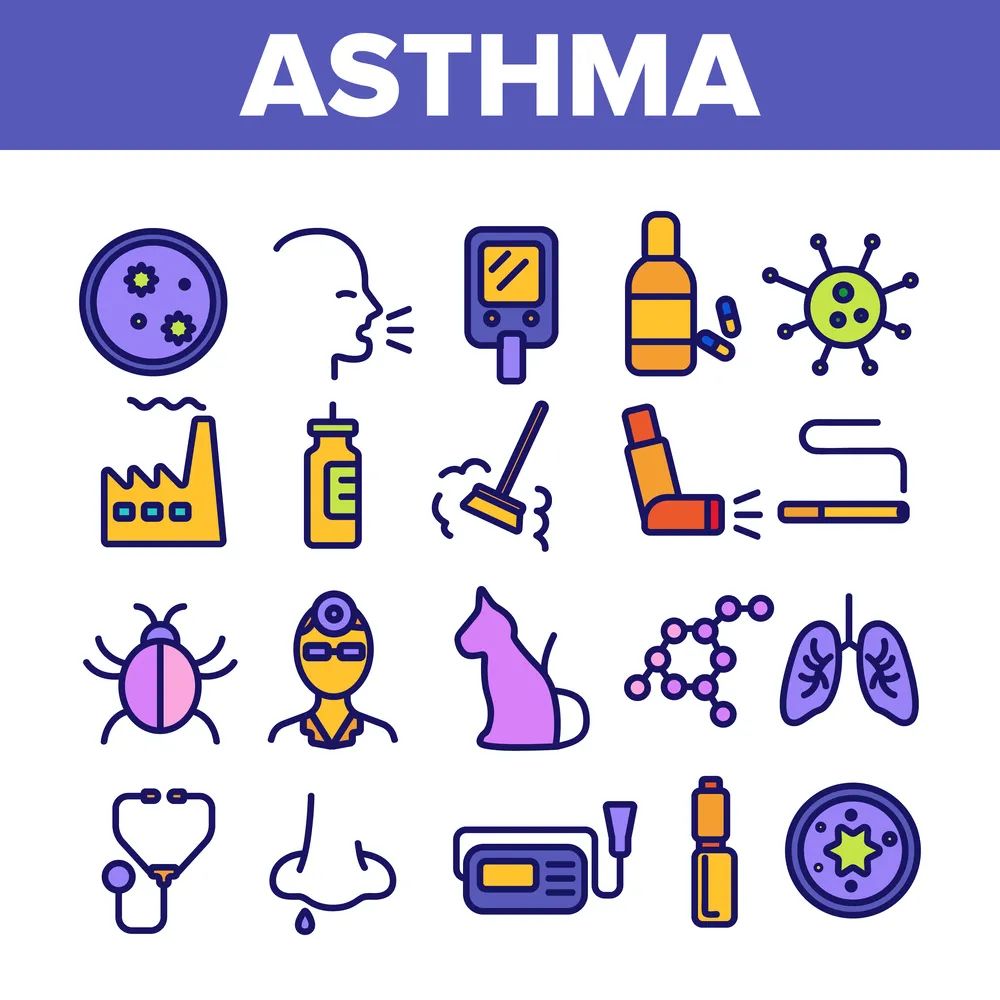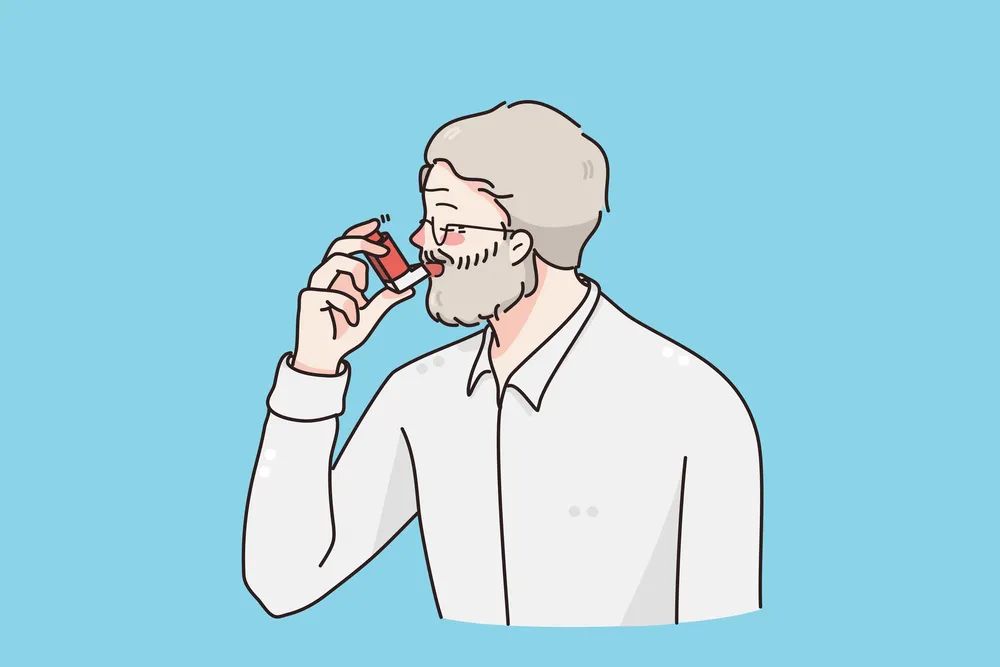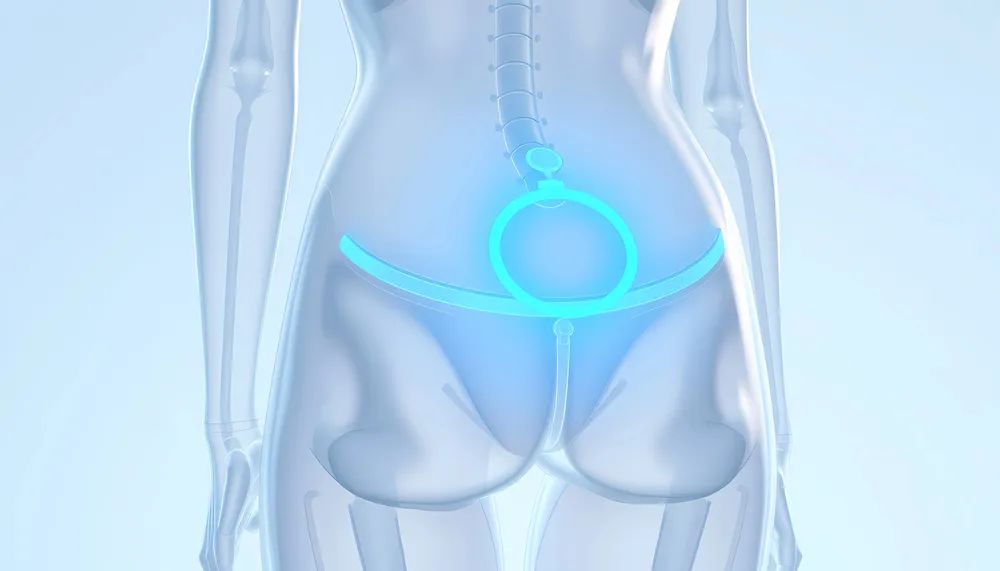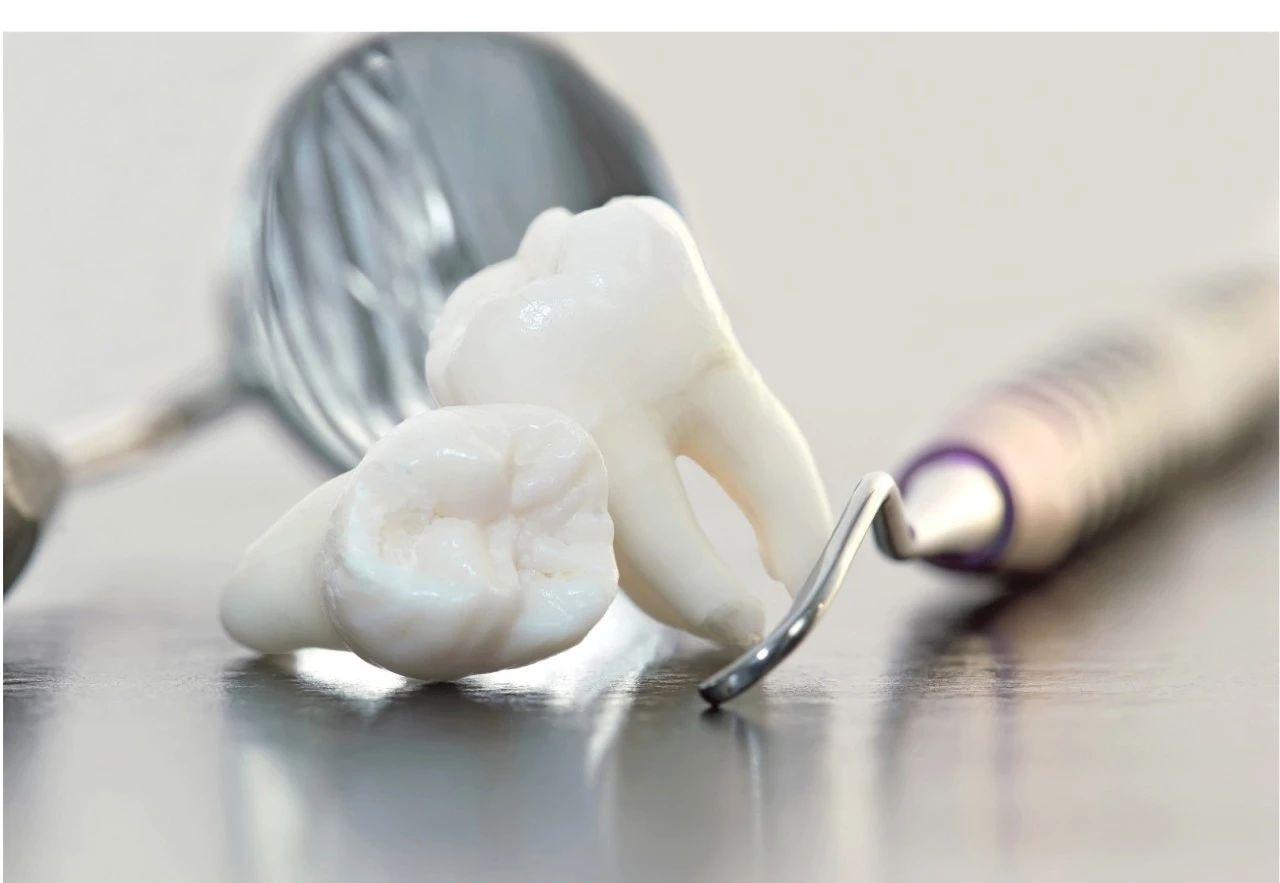Asthma: Symptoms, Causes & Treatments
2023-12-16
PARKWAY 百汇医疗 The World Health Organization estimates that 235 million people worldwide have asthma. What is asthma? Asthma is a chronic and recurring disease of the airways that could make breathing difficult. With asthma, the air passages would become inflamed and also produce sticky mucus build-up, which caused narrow airway to carry oxygen to the lungs in difficulty. This results in asthma symptoms including shortness of breath, coughing, wheezing and chest tightness. What are the symptoms of Asthma ? Wheezing/noisy breathing Coughing especially at night Chest tightness or pressur Shortness of breath Children experiencing asthma may also cry, lose their appetite, have a stomachache, vomit, become tired quickly, or get puffed out more when running and playing. The severity and frequency of your symptoms can vary, depending on how well your asthma is controlled. Although it is rare, asthma can be fatal, so it is important to know your triggers and take your medication properly. What triggers asthma attack ? Dust mites Pollen Pet hair Mould Cigarette smoke Infections,including viral/bacteria/nonspecific pathogen and others pathogen Cold air or changes in the weather Work-related triggers, eg. wood dust, chemicals or metal salts Certain medications How to manage asthma The management of asthma is all about empowering you to take an active role in long term. Your doctor will help you to identify realistic management goals, including choosing an initial treatment that suits you, discussing your risk factors and preferences, and regularly to evaluate current condition then make adjustments of the treatment plan and adjusting your treatments. In addition, your doctor will be able to provide useful information, skills and tools for self-management, such as how to manage flare-ups as well as other conditions that may worsen or trigger the acute attack of asthma. They can also give you advice on smoking, healthy diet, physical activity, keep fit and appropriate immunoprotection. What should you do ? If you are diagnosed with asthma: Follow the medical instructions; Avoid your known triggers or allergies wherever possible; Have an asthma action plan and ensure your family and friends know what to do; Stay generally well with a healthy diet and appropriate exercise, being mindful of exercise-induced asthma; Avoid smoking; Remain proactive in managing your symptoms – have your inhaler with you at all times. Although asthma is a chronic condition, you can lead a normal active lifestyle if you work closely with your doctors to create a tailored treatment plan. Article reviewed by Dr. Luisa Shi, General Practitioner of Parkway.